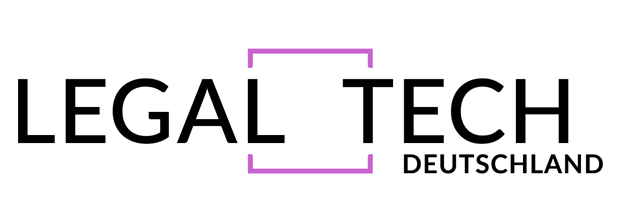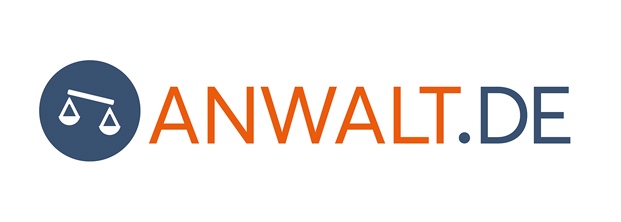First came the long-awaited money, then the police.
Since the end of March 2020, billions in emergency coronavirus aid have been paid out by the federal and state governments in the shortest possible time in the wake of the coronavirus crisis (COVID-19 pandemic). Initially, the conditions for extraordinary economic aid for companies and solo self-employed people during the crisis were virtually never checked. In the meantime, however, retrospective audits have begun in many places. This can mean a nasty surprise for some: The initiation of criminal proceedings for subsidy fraud according to § 264 StGB, for example. Many entrepreneurs and solo self-employed persons have therefore received mail from the police or public prosecutor's office in recent weeks and months and are now at risk of ending up in the dock as fraudsters. For the sake of completeness, it should be mentioned that due to the topicality of the issue, there is no unanimous opinion as to whether coronavirus aid constitutes simple fraud or subsidy fraud. This article will take a closer look at subsidy fraud.
Criminal offense committed when applying for emergency aid
While subsidy fraud was previously more of an offense that managers of large corporations had to worry about, the coronavirus crisis means that it can now affect practically anyone involved in business. Anyone who makes false statements when filling out an application for one of the numerous emergency grants, for example about the financial circumstances of the company, or does not meet the requirements for the grant, may be liable to prosecution for fraud (Section 263 StGB), subsidy fraud (Section 264 StGB) and false declaration in lieu of an oath (Section 156 StGB). And the fact that these are not trivial offenses can be seen by looking at the corresponding penalty range for subsidy fraud. Upon conviction, the law threatens a sentence of up to five years' imprisonment or a fine. In particularly serious cases, there is even a maximum penalty of up to ten years' imprisonment.
What are subsidy benefits?
A subsidy is always a benefit from public funds. This includes funds that are available to the state (federal government, federal states, municipalities), a public-law institution, a public-law foundation or a public institution. However, benefits from public funds under European Union law also count as subsidies, meaning that they can also be the subject of subsidy fraud. The emergency aid provided by the federal and state governments to combat the economic consequences of the coronavirus pandemic are such public funds within the meaning of the statutory definition. In addition, a subsidy is granted at least in part without market consideration. This is also the case with the emergency aid and loans to combat the crisis, so that they must also be considered subsidy payments.
Who are the recipients of subsidies?
Recipients of subsidies can only be businesses and companies. The subsidy must therefore also be intended to directly promote the economy. Corona aid also clearly fulfills this characteristic.
When does one commit subsidy fraud?
Section 264 (1) StGB lists four possible offenses. Unlike "normal" fraud (Section 263 StGB), subsidy fraud does not require deception or an error based on deception. It is therefore much easier to commit subsidy fraud. The following conduct is sufficient:
False or incomplete information provided to the competent authority
When submitting an application, certain information that is relevant for the award of subsidies is provided incorrectly or not at all. This information must also have been provided to the authority responsible for awarding the subsidy.
Example: When applying for Corona emergency aid, entrepreneur X states that the loss of sales due to the Corona crisis is too high than it actually was.
Improper use of funds:
Criminal liability is also possible in the event of improper use of coronavirus aid
Example: The type of subsidy is to be used to cover operational payment bottlenecks. Entrepreneur X spends it on a private vacation.
The omission of further subsidy-relevant information:
The recipient(s) of the subsidy shall not inform the authority responsible for awarding the funds of any subsequent changes to the conditions.
Example: The type of subsidy is to be used to cover operational payment bottlenecks. The landlord of the office unit retroactively reduces the rental costs to 50% for the last three months as a gesture of goodwill.
The "facts relevant to the subsidy" are decisive
Whether subsidy fraud is actually relevant depends above all on the extent to which the information provided constitutes "subsidy-relevant facts".
This includes information that is designated by law or on the basis of a law by the subsidy provider as relevant to the subsidy or on which the approval, granting, reclaiming or retention of the subsidy, etc. is dependent.
Note:
Are you accused in criminal proceedings of having committed a criminal offense when applying for Corona aid? Contact us immediately. We will apply for access to the files for you and work towards a dismissal!
Professional help with the application
We can help you apply for Corona aid.






